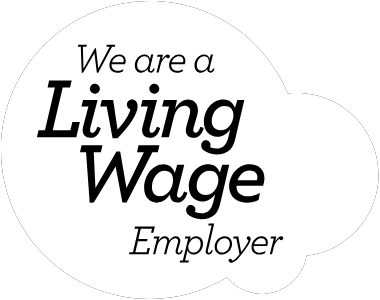The UK’s future is reliant on the continued success of digital and tech industries. In 2022, provisional estimates showed that digital contributed £158.5 billion to the UK economy, 7.2% of total UK GVA. With the rollout of full-fibre broadband, significant investment in AI and the momentum of climate innovation, this national economic contribution only looks set to grow.
The startup scene is at the heart of the opportunity for UK Digital PLC. Last year alone, the UK had more tech unicorns and more private capital flow than any other European country. This represents thousands of highly skilled, highly paid new jobs as fast-paced, ambitious digital scaleups look to make the UK their international home. That can only be a good thing, right?
Last night, we brought together four of the UK’s most exciting digital businesses and asked them about how they’re building their brands in this market. We were joined by David Alonso Martinez, Senior Director of Growth for Gopuff, Dan Meeghan, UK Country Manager for Carly, Hayley Moller, CMO at Thallo and Xavier Collins, UK VP for Turo, hosted by James Hamlin of Add3 London and Rebecca Oatley, Co-CEO of Wilful. In front of an audience of entrepreneurs keen to learn and grow their business opportunity, we discussed how these companies are succeeding here.
The panel was inspiring and from the rise of ChatGPT to curating a strong commercial model, the subject matter was broad. However, we’ve summarised some of the key questions and answers from the session to help planet positive startups on the journey to success.
How to raise funding?
Previous entrepreneur narratives around “growth at all costs” have shifted to a sharp focus on the “path to profitability”, but the panel were all in agreement that capital is available in the UK. There are still funds accessible from seed through to private equity, alongside grants and loans from Government initiatives says Hayley Moller of Thallo. The challenge according to Moller, is how to find them. Navigating to find the funds right for you is hard enough before you even begin the pitch process.
How to build in new markets?
It seemed that there was a methodology of People, Product and Price that these world-renowned digital brands use to grow in new markets.
Testing the appetite for your product before coming into market was a key point raised by David Alonso Martinez of Gopuff, which delivers groceries to your door in as little as 15minutes. For them, the London customer is very different to those other cities in the UK and the product must be refined accordingly. When you have a corner store less than 5 minutes’ walk away in a city open 24hours a day, the speed of the service needs to work hard to make it easier than the enormous competition at hand. Gopuff has quickly expanded to major UK cities and towns thanks to a keen focus on local talent.
Words echoed by Xavier Collins of Turo who referenced the importance of good quality supply to naturally initiate demand in new markets. Turo which is the world’s largest car sharing marketplace, has doubled down on quality as it has grown its business here. Making sure the product is strong, investing in and helping good hosts creates an incredible experience for customers.
Thinking about partnerships was a critical point made by Dan Meeghan of Carly and Hayley Moller of Thallo. For German headquartered Carly, an OBD adapter which enables you to easily diagnose car problems, it wasn’t location that was important but finding an early adopter audience of car fans and enthusiasts. Those communities exist online and working with YouTube influencers created significant engagement for Carly in this market. Alongside PR and media, Carly has been able to create quite a storm in car-mad UK with its enthusiast approach.
How to access and manage talent?
All our panellists agreed that their talent strategies in this market have been driven through referrals from within the digital ecosystem and their respective industries. David Alonso Martinez of Gopuff made an important point about the differences in talent required at early stage to a mature business. When you are a smaller company, passion, belief, flexibility and smart thinking are required because skills can be taught but an early team needs to be a cultural fit, passionate to get stuck in and drive the whole business forward. It’s only later that very specific skills are required to fit into a larger organisation.
What are the lessons you have learned?
A final question for the panel brought some of the most surprising answers of the evening. When faced with challenges, what lessons have you learned? There was overwhelming agreement from the panel that you don’t need to be perfect, you just need to “do something”, Listen to your instinct and give things a go. If you fail, fail early and quickly, learn and move on. This, according to the panel, is part of the process that makes your business stronger. Hard work and intelligence are only part of the skillset required by a successful founder. Being relentless and having a belief that you can make your business happen, means you just keep going.
So, the relentlessness of digital and tech entrepreneurs may just be the answer as to how and why our digital economy will continue to grow and evolve and uphold the UK’s place as a hub for digital and tech innovation.
Thanks to our panel for their incredible insights.







